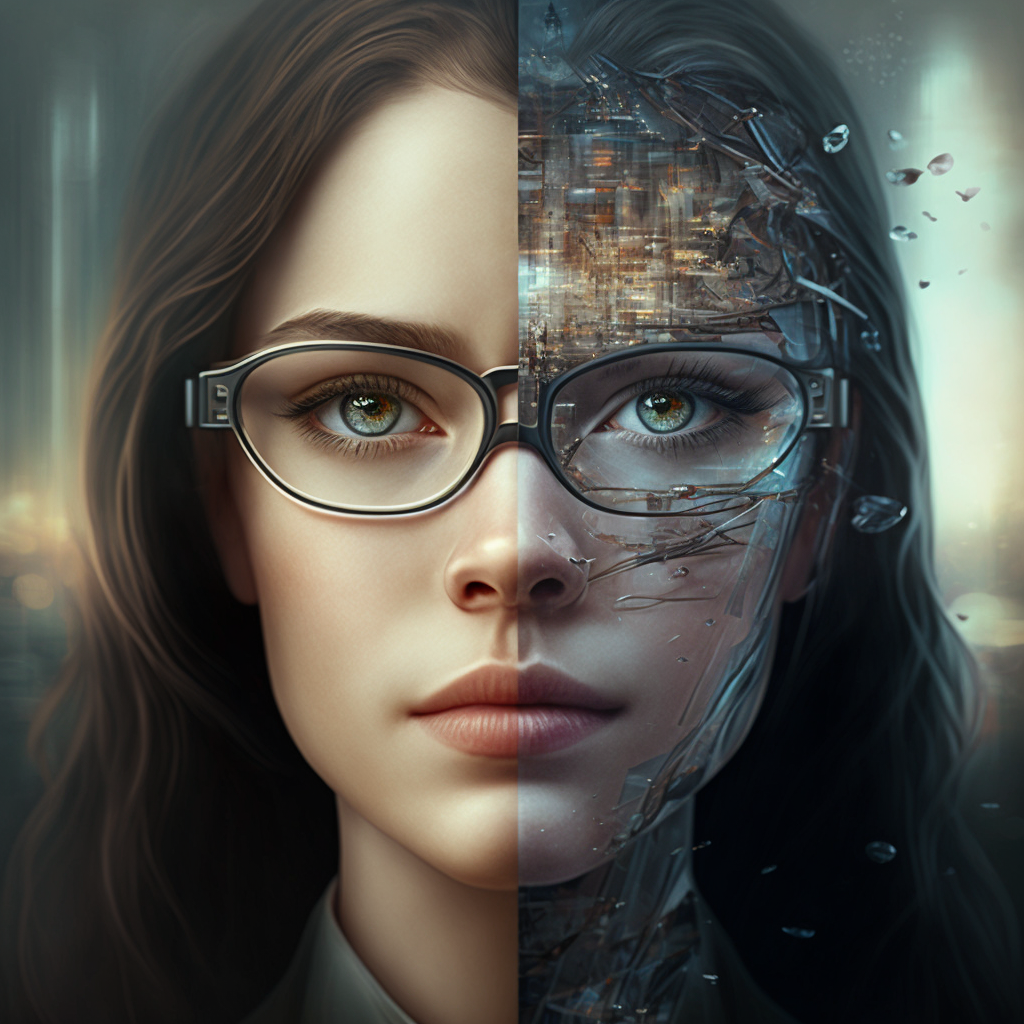Will AI Replace Creative Writing?
By Mary Kole
Mary Kole is a former literary agent, freelance editor, writing teacher, author of Writing Irresistible Kidlit, and IP developer for major publishers, with over a decade in the publishing industry.
Will AI replace creative writing? It’s a hot button issue that has many people—inside and outside the writing world—divided. Artificial Intelligence (AI) is becoming increasingly sophisticated, and it seems to be evolving daily (that’s because it is!). From facial recognition to natural language processing (NLP), the potential applications of AI are virtually limitless—but will AI replace creative writing as a craft and profession? Let’s explore both sides of this thought-provoking question.
Will AI Replace Creative Writing? Yes
Generative AI refers to an AI system that produces outputs based on its training data. If that AI has been specifically trained on NLP, those outputs will read like succinct, cogent language to readers. In the case of creative writing, generative AI might be trained on thousands of examples of well-written literature, which would then allow it to generate its own unique works (or imitate the writing styles of famous writers whose materials have been fed to the AI—an ownership debate in and of itself, as the writers whose work was used did not give permission, nor do they receive compensation).
This could prove especially useful in cases where businesses need high volumes of content but do not have the budget or resources to hire a team of writers. Marketing, nonfiction, and SEO writers will have to pivot as a result. Creative writers working on novel manuscripts? Not so much. Will AI replace creative writing? It’s less obvious how that would happen with writing as an art form, for its own sake.
At first glance, it may seem that generative AI could never produce anything as good as a human writer can—and in some cases, that may be true. However, there are also legitimate reasons why generative AI might actually be able to outperform humans in certain areas. For example, because an AI system can process large volumes of data at once, it can quickly generate multiple versions of a piece and find the most compelling variant without any manual input from a human writer.
Additionally, generative AI systems can be trained on different styles and book genres so they can easily switch between them, depending on the task at hand. So some answer the question of will AI replace creative writing with a resounding “yes.”
Will AI Replace Creative Writing? No
While there are certainly advantages to using generative AI for creative writing tasks, there are also some drawbacks that should not be ignored. First and foremost is the issue of copyright infringement. The writers whose work was used to train the AI have no recourse or ownership of the work generated by AI, even if it’s meant to spoof their writing style. (Obviously, bestselling authors are more affected by this use case.) And writers using AI to generate work are unable, under current copyright law, to copyright that work, as copyright protection has notably been extended only to work created by human beings.
Additionally, while generative AIs are getting better at producing creative works based on existing data sets, they still lack the ability to create completely original content from scratch—something that only human writers can do effectively. Many people think that while AI might take over some mundane copywriting tasks, the answer to the question of will AI replace creative writing is a definite “no.”
So Will AI Replace Creative Writing?
Ultimately, there will always be a need for human writers who can bring original ideas and perspectives to the table when crafting pieces for clients or for their own artistic fulfillment (and the joy of audiences). Whether or not generative AI will ever fully replace human writers remains to be seen—but one thing is certain: creativity will always remain an invaluable asset, no matter how advanced technology gets.
For those eagle-eyed readers who are wondering just what kind of editor would write an article with the clunky phrasing of “will AI replace creative writing” over and over on her website, I applaud you for noticing that this reads awkwardly. Please note that I picked this keyword phrase on purpose, as part of my SEO (search engine optimization) strategy. If you’re curious about writer marketing techniques, check out Good Story Marketing.


